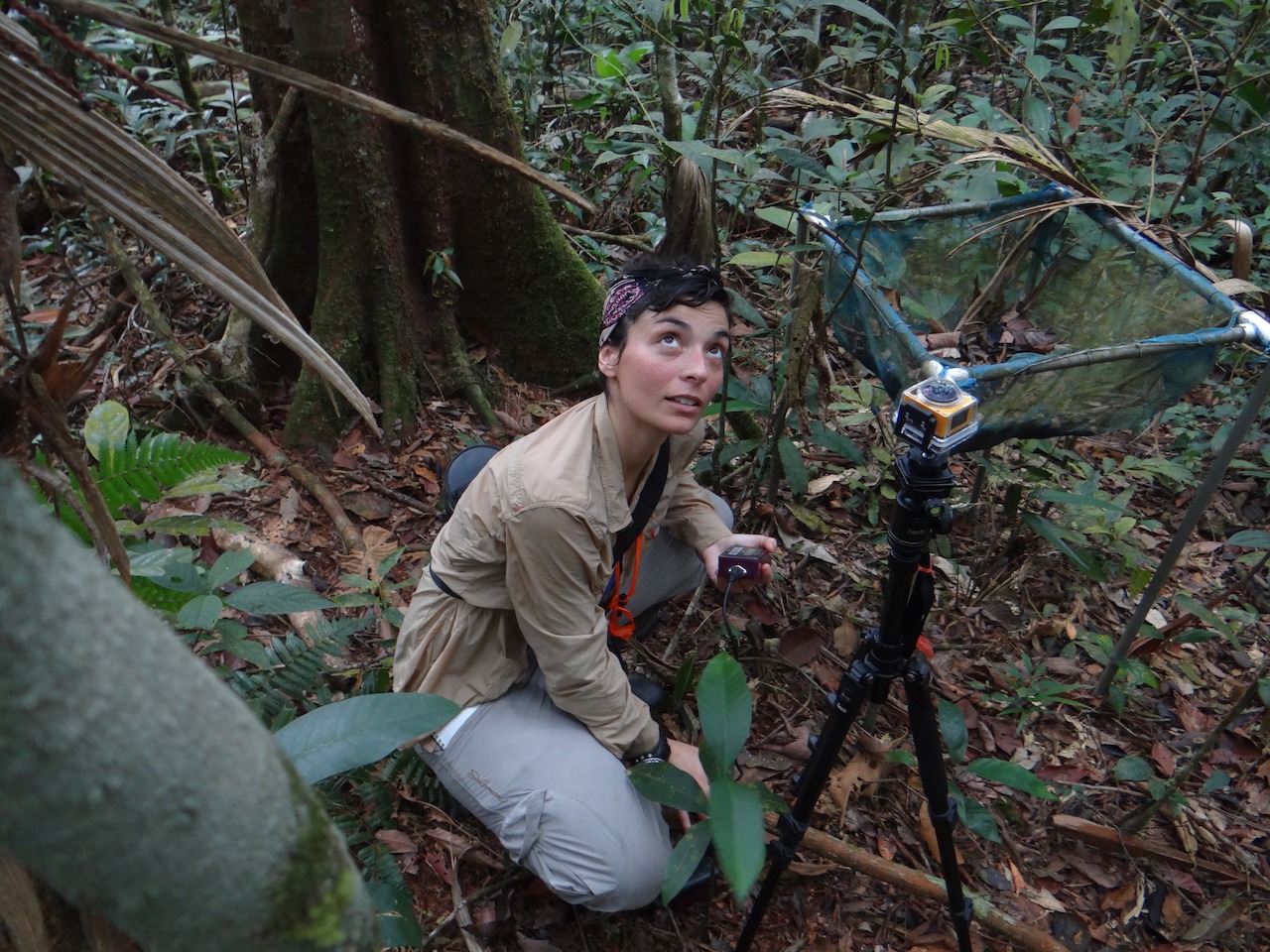Organization for Tropical Studies announces winner of the 10th Annual Kimberly G. Smith Outstanding Student Paper Award
This year’s winner is Belén Fadrique from the University of Miami for her paper “Widespread but heterogeneous responses of Andean forests to climate change,” published in Nature. Using a comprehensive new database of ~200 Andean forest inventory plots spanning 3000 m of elevation, Belén’s study focused on how climate change is affecting the species compositions of biodiverse tropical forests. Belén and her team found that global warming is causing upward range shifts of plant species, and that these rates of “thermophilization” vary across elevation and temperature. This high-impact work has implications for understanding species range shifts and ecosystem dynamics in a rapidly warming world.
One student received an Honorary Mention: Ummat Somjee, now a Post-Doctoral Fellow at the Smithsonian Tropical Research Institute, for his paper “The hidden cost of sexually selected traits: the metabolic expense of maintaining a sexually selected weapon,” published in the Proceedings of the Royal Society: B. Working with heliconia bugs in Gamboa, Panama, Ummat conducted a unique study to determine the energetic cost of maintaining sexually selected weapons. He and his team found that these structures are energetically costly, even when bugs are at rest, but that larger weapon structures found on larger males have lower energetic cost per gram of body tissue than weapons of smaller males.
The Award Committee comprises of Drs. Erin Kuprewicz, Chair, University of Connecticut; Nathan Muchhala, University of Missouri – St. Louis; Susan Whitehead, Virginia Tech; and Benton Taylor, the winner of last year’s competition, now at the Smithsonian Environmental Research Center. The Award Committee would like to thank all of the students who submitted packets for consideration. “The applicants made it difficult for us to choose again this year. We received a great group of nominations highlighting some really phenomenal tropical research,” said Kuprewicz.

